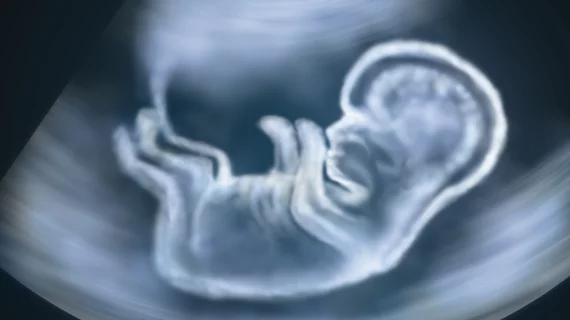Virginia lawmaker continues to push for legislation ending forced ultrasounds before abortions
Every year since 2012, Mamie Locke, PhD, a Democratic member of the Virginia State Senate, has pushed for legislation that would reverse a statewide bill requiring women in Virginia undergo an ultrasound before an abortion and be shown an image of the fetus.
For the sixth time on Thursday, Jan. 17, the Virginia's State Senate’s Education and Health Committee voted not to send the bill to the full state Senate for a vote, according to a recent report by the Daily Press in Newport News, Virginia.
Opponents of the legislation, such as Family Foundation of Virginia, have expressed that doing ultrasounds helps women make better-informed decisions and reduces abortion rates, according to the article.
However, Locke believes that the ultrasounds are medically unnecessary and meant solely to shame women from getting an abortion procedure, according to the article. Although she expected the Senate’s decision, Locke told the Daily Press it’s important to keep her legislation on their radar because “women should be making their own choices in regard to their own healthcare.”
Under current state law, physicians in Virginia who fail to conduct an ultrasound before an abortion are fined $2,500.
Read the Daily Press’ entire story below.

